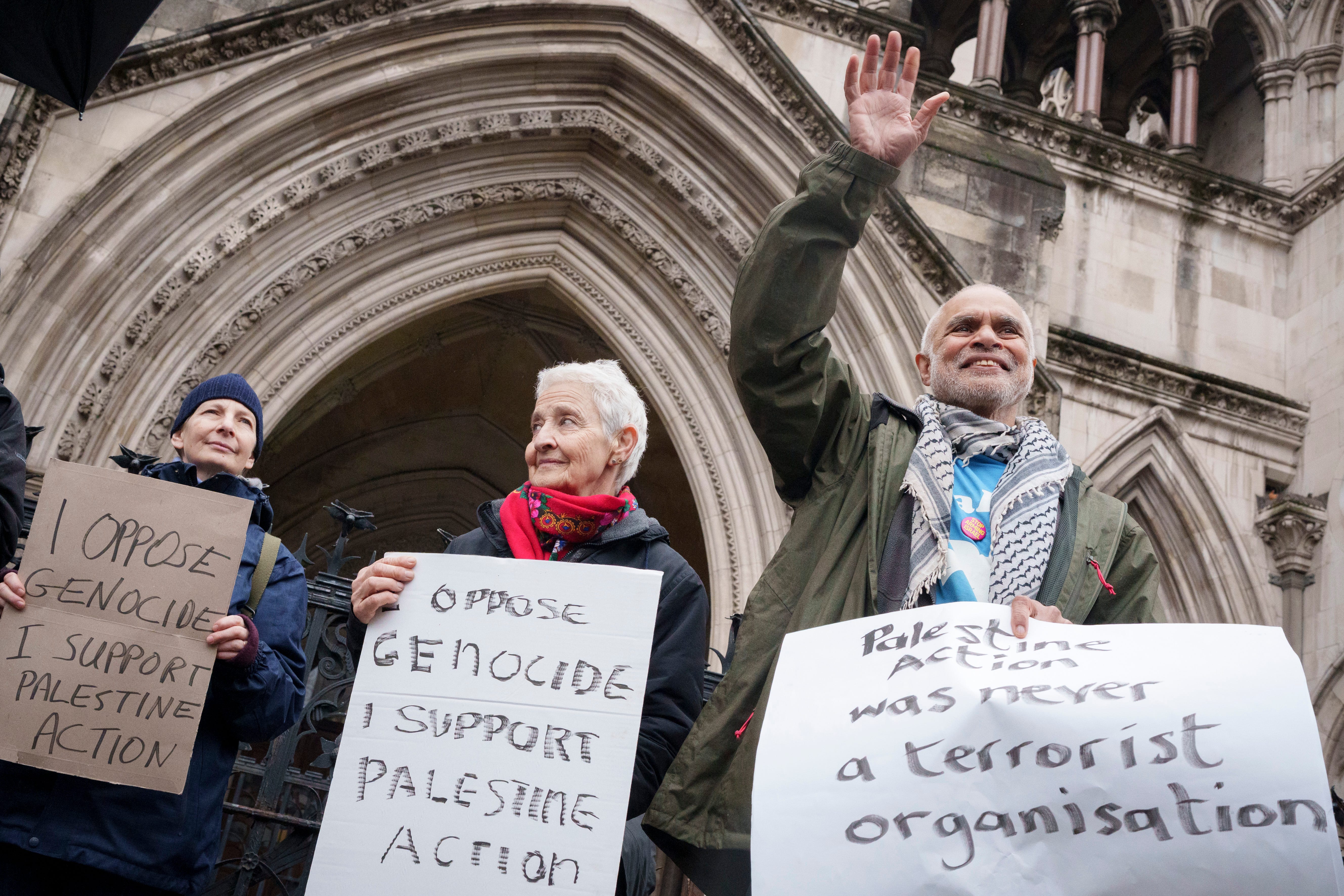 Gaza "the giant open prison" are not the words of Hosni Mubarak, the Egyptian president. Nor were they scripted by Hamas' Khaled Mishaal or Fatah's Mahmoud Abbas. They belong to David Cameron, the young and charismatic British prime minister.
Gaza "the giant open prison" are not the words of Hosni Mubarak, the Egyptian president. Nor were they scripted by Hamas' Khaled Mishaal or Fatah's Mahmoud Abbas. They belong to David Cameron, the young and charismatic British prime minister.
Since the imposition of the Gaza blockade nearly four years ago, no single European leader has voiced moral outrage over the sanctions with such alacrity, simplicity and forcefulness. His words have reverberated widely in Gaza as well as elsewhere in the Arab world.
Like Cameron's words, the untold misery shatters the international political society's quasi silence and questions the immorality of indifference and inaction towards the blockade.
Gazans need to reclaim their state of dignity and humanity before reclaiming the seemingly illusionary hope of a Palestinian state. A peek inside the 'big prison' reveals the blockade to be multi-layered - affecting economy, polity, diplomacy and security.
For most Arabs, that Israel imposes a de-humanising blockade may be easy to explain, but Egypt's role in the blockade defies logical explication. The music one hears from the Egyptian regime and other Arab states about adherence to international agreements convinces neither Arabs nor Westerners.
But abiding by sanctions that traumatise, de-humanise and isolate fellow Arabs, as in Iraq (where tens of thousands died as a result) or in Gaza is acceptable in the name of good citizenship in the international arena.
More...





 Dozens of Palestinians have been injured as Israeli settlers carried out a wave of attacks across...
Dozens of Palestinians have been injured as Israeli settlers carried out a wave of attacks across... A US federal judge’s order that some of the Venezuelan men sent by the Trump administration...
A US federal judge’s order that some of the Venezuelan men sent by the Trump administration... US homeland security secretary, Kristi Noem, announced the end of temporary protected status (TPS) for Yemen...
US homeland security secretary, Kristi Noem, announced the end of temporary protected status (TPS) for Yemen... Israeli fire kills one and wounds several in Gaza: One Palestinian was killed and at least...
Israeli fire kills one and wounds several in Gaza: One Palestinian was killed and at least...






























